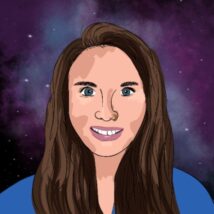
Maria Temming
Assistant Managing Editor, Science News Explores
Maria Temming is the Assistant Managing Editor at Science News Explores. Maria has undergraduate degrees in physics and English from Elon University and a master's degree in science writing from MIT. She has written for Scientific American, Sky & Telescope and NOVA Next. She’s also a former staff writer at Science News.

All Stories by Maria Temming
-
 Computing
ComputingScientists Say: Code
Writing code allows people to tell computers and other smart devices what to do.
-
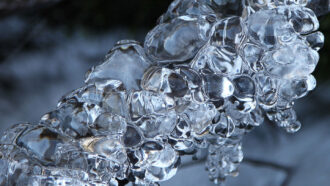 Materials Science
Materials ScienceLet’s learn about the weird science of ice
Better understanding of ice could lead to new deicing materials or even, someday, weather control.
-
 Animals
AnimalsHow can Baby Yoda be 50 years old?
Animals with wings, big bodies or other protections from predators are more likely to evolve long lifespans.
-
 Chemistry
ChemistryScientists Say: Rubisco
Rubisco is a key protein in the process of photosynthesis, which feeds plants — and, in turn, us.
-
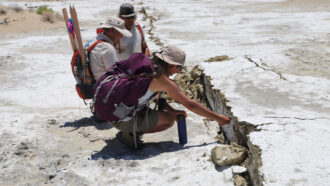 Earth
EarthScientists Say: Seismology
Seismology is the branch of science focused on seismic waves — vibrations that run through or around Earth.
-
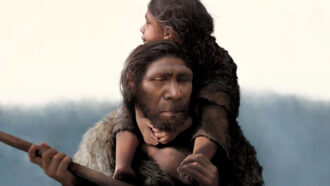 Humans
HumansLet’s learn about Neandertals
Neandertals are an extinct species closely related to modern humans. They made tools and jewelry, controlled fires and cared for their sick.
-
 Materials Science
Materials ScienceScientists Say: Hydrogel
Tangled polymer chains help hydrogels hold their shape despite being full of water.
-
 Animals
AnimalsScientists Say: Metamorphosis
Animals that go through metamorphosis look very different as adults than they did as kids.
-
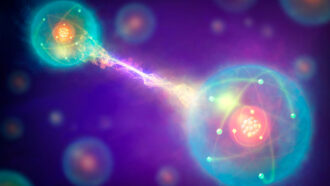 Physics
PhysicsLet’s learn about the quantum realm
On the smallest scales, the universe behaves in some pretty strange ways.
-
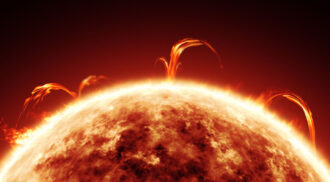 Physics
PhysicsScientists Say: Fusion
Nuclear fusion is the physics that powers the sun and could someday provide abundant clean energy on Earth.
-
 Science & Society
Science & SocietyLet’s learn about why schools should start later
The American Academy of Pediatrics recommends that middle and high schools start no earlier than 8:30 a.m.
-
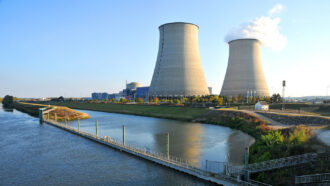 Physics
PhysicsScientists Say: Fission
Nuclear fission is the process of splitting atoms apart to release huge amounts of energy.